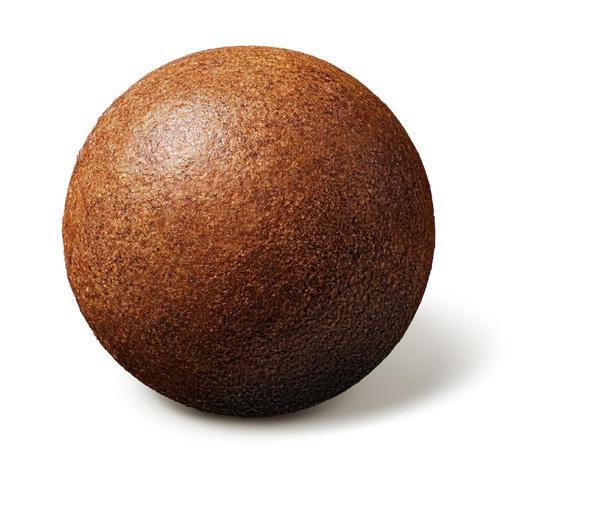
3 minute read
Global Grocery
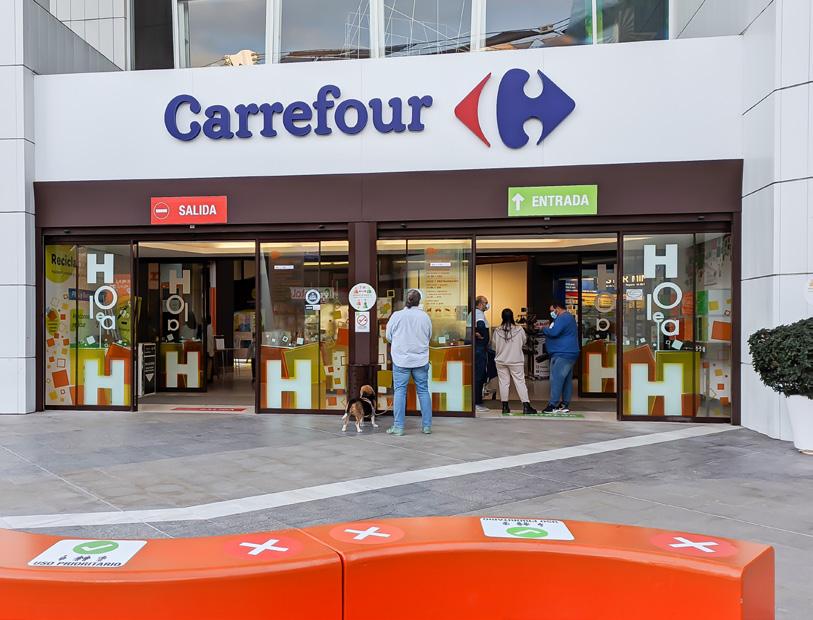
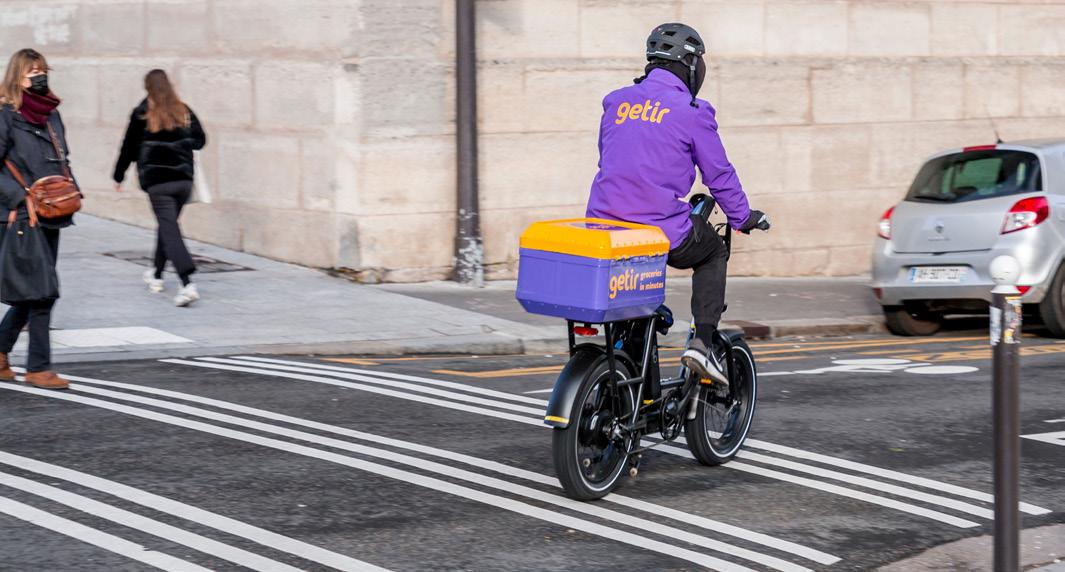
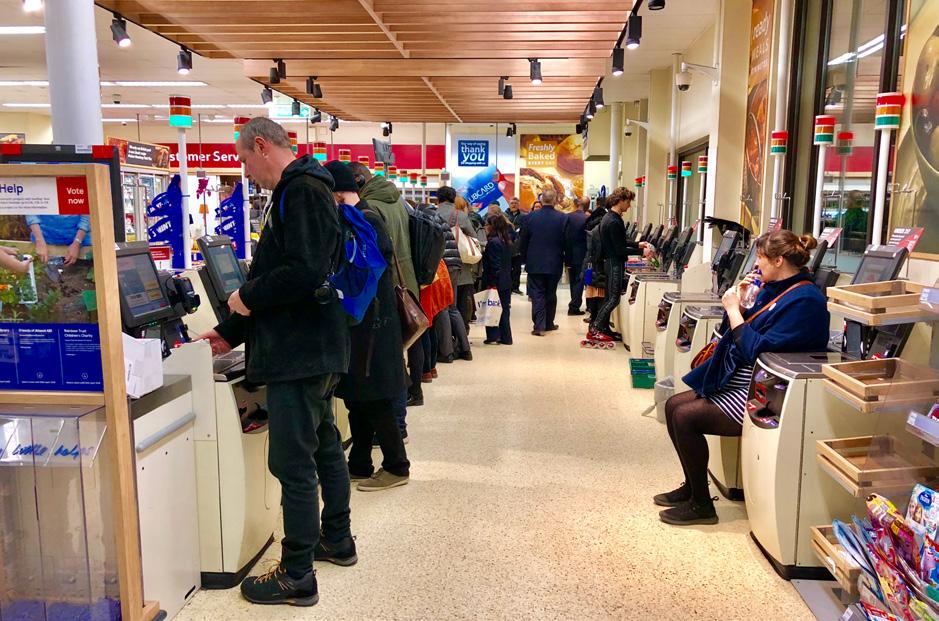
Tesco’s self-service shift
GLOBAL U.K. grocery giant Tesco revealed GROCERY in August that it would be placing a greater focus on self-checkouts at News and ideas its larger stores. The Retail Gazette reports that Tesco said the decision from the world was due to a “lack of customer demand” for traditional checkouts. However, not all of food retail customers are happy with the move. Predictably, people have taken to social media to voice their displeasure and a petition—Tesco Stop the Replacement of People by Machines—on change. org is gaining momentum, with 237,000 people having signed the petition to date. France cracks down on dark stores In France, the government is cracking down on micro-fulfilment centres or “dark stores” operated by ultra-fast grocery services, some of which promise delivery in under 10 minutes. While operators such as Gorillas, Getir and Gopuff have proliferated in French cities over the course of the pandemic so, too, have complaints from local residents and city officials that the dark stores generate too much noise and disruption in the neighbourhoods in which they operate. In response, the French government has decreed the stores be classified as warehouses rather than shops, the BBC reports, in a move that will make it easier for municipalities to shut down dark stores. Complaints of disruption also prompted, earlier this year, the Dutch cities of Amsterdam and Rotterdam to ban the opening of any new dark stores.
Sustainable coffee balls
Swiss food retail giant Migros has unveiled what it is calling a “revolutionary” sustainable coffee system. With CoffeeB, the retailer is taking aim at one of the “greatest issues” in the coffee industry–capsule waste. Instead of aluminum or plastic capsules, which the retailer says globally creates about 100,000 tons of waste each year, Migros has come up with a fully compostable coffee ball that has zero waste. Additionally, the coffee used is grown using sustainable cultivation and the balls can be dropped into an energy-efficient coffee machine that switches off after one minute. The coffee system is currently available in Switzerland, France, will soon be available in Germany and, given international interest for CoffeeB, Migros says it will be rolled out to other markets, too.
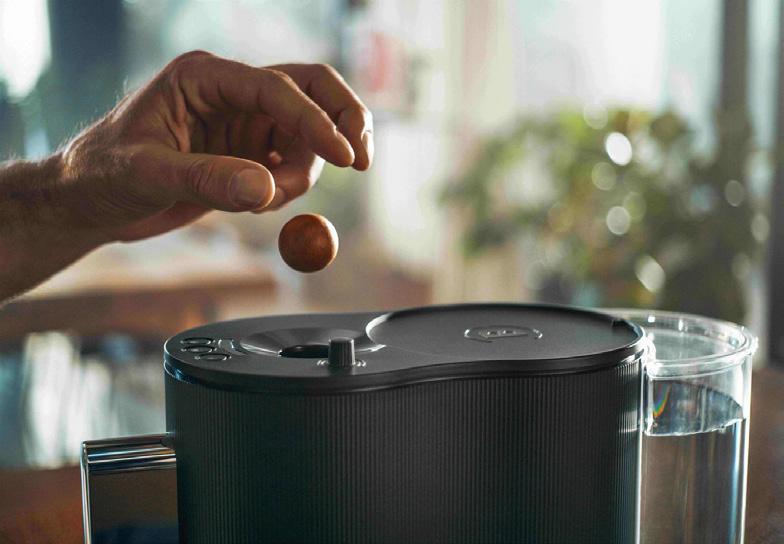
MEAT FEELS THE HEAT
In a world first, the Dutch city of Haarlem has moved to ban most meat advertisements in public spaces. The motion, drafted by the GroenLinks party, is an effort to combat the climate crisis by discouraging meat consumption. It’s unclear whether sustainably produced meat will be included in the ban, but the controversial move has sparked much opposition from the country’s meat industry. Haarlem, a city of 160,000, will start enforcing the advertising ban in 2024.

30 FOR €30
Carrefour Spain has introduced an initiative to make grocery shopping more affordable for those grappling with the rising cost of living. The retailer is offering customers a list of 30 commonly used grocery items—which includes breakfast products, canned food, pasta, coffee, oil, cleaning items etc.—for €30 (around C$39). The promotion will run until January at its network of stores and online. Last April, Carrefour Spain launched its “Able to Choose Means Able to Save” campaign that allowed its customers to choose the biggest discounts on the items they consume most, without restriction. In September, Carrefour Belgium launched an initiative to freeze the prices of 100 products for 100 days to help “boost people’s purchasing power.” CG



